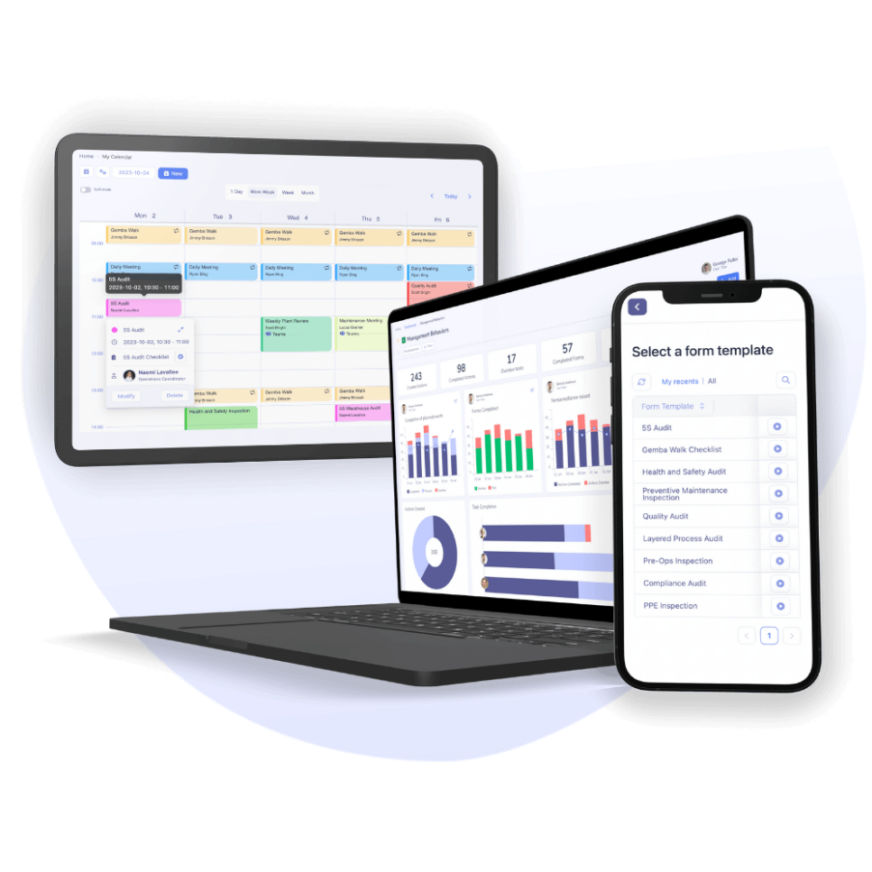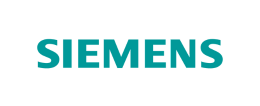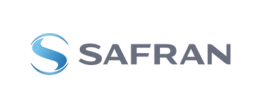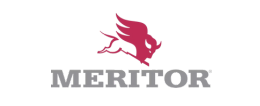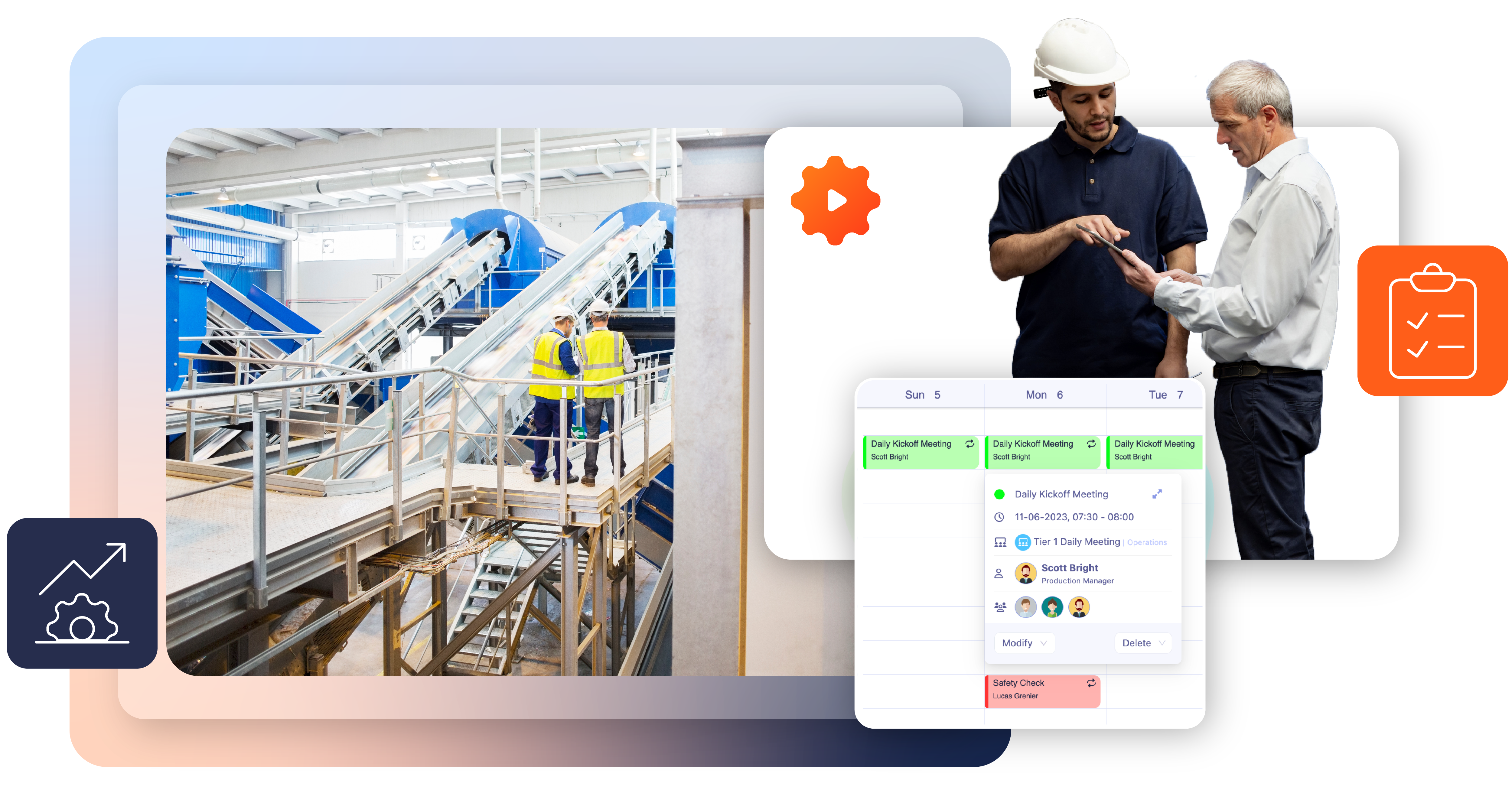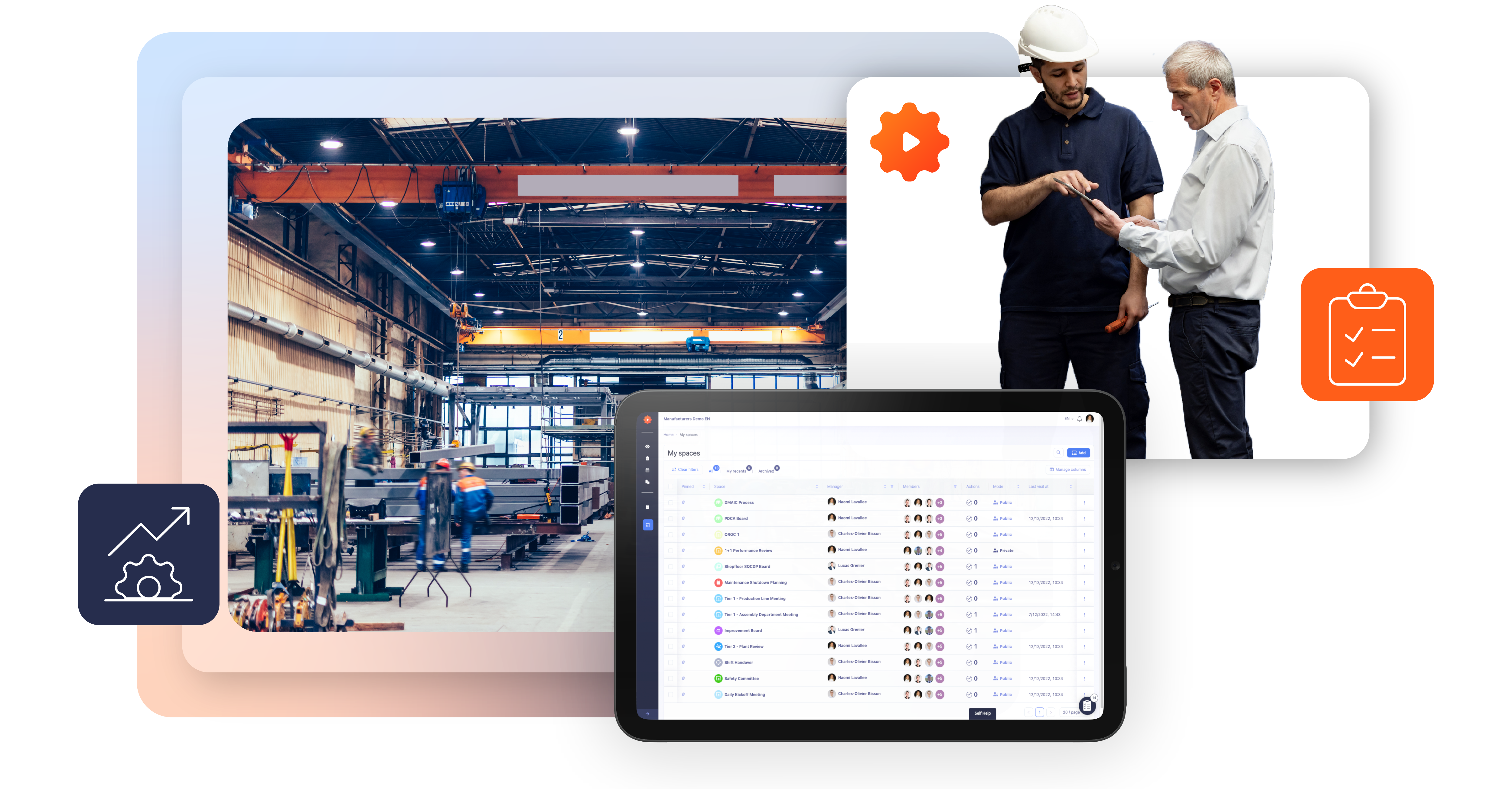Defining Lean Daily Management (LDM)
Lean Daily Management (LDM) is a systematic strategy for building Lean habits and managing continuous improvement and daily operations in the workplace. It involves multiple aspects, such as Leader Standard Work and Lean management routines, visual management boards, daily accountability, and problem-solving where the work happens (Gemba). LDM improves efficiency, quality, and communication by tackling day-to-day issues and deviations. It is precious in sectors like manufacturing and healthcare.
Lean Daily Management Principles:
LDM focuses on processes rather than people. Its goal is to ensure a standard procedure for problem-solving directly at the Gemba – where value is created. This method challenges existing processes by pinpointing deviations and nonconformances against set performance goals. For instance, it may put the PDCA cycle to good use to achieve its goal.
Moreover, LDM is instrumental in establishing and maintaining rigorous management standards for continual improvement. A pivotal component of LDM is the thorough pursuit of waste elimination and streamlining operations. Beyond process optimization, LDM also strengthens management skills and embeds Leader Standard Work practices into a Lean Leadership Culture.
Lean Daily Management Core Components:
LDM encompasses three key components: Leader Standard Work, Daily Accountability Processes, and Visual Management.
Leader Standard Work
Leader Standard Work and Leadership Routines engage managers in active management and provide a structure for problem-solving through recurrent tasks such as process confirmation through audits and inspections (e.g., 5S Audit, EHS Inspection, Compliance Audit, LPAs, and more.).
For example, the production manager conducts daily Gemba Walks in an automotive parts manufacturing plant. These walks involve visiting the factory floor to observe processes, engage with the staff, and identify issues. The manager uses a standard checklist to assess equipment condition, safety protocol adherence, and production speed. This routine ensures consistent monitoring of the production line. It reinforces the manager’s role in proactive problem-solving and maintaining high standards.

Daily Accountability Process (Tiered Management)
The Daily Accountability Process and Leadership Discipline, including Daily Huddles and Tiered Meetings, uphold team alignment, emphasize the importance of honoring commitments, and guarantee the prompt implementation of countermeasures.
In a textile manufacturing company, team leaders from different departments (weaving, dyeing, finishing) hold a 15-minute stand-up meeting at the start of each shift. These meetings review previous performance, production concerns, and upcoming targets. Insights from these brief syncs are then escalated to a higher-level meeting with department heads to develop countermeasures, align broader manufacturing goals, and guarantee cohesive operations across the entire production chain.

Visual Management and Controls
Visual Management and Controls help leaders on the shop floor quickly compare their business’s actual vs. forecasted performance at a glance, guide team actions to identify issues, and facilitate continuous improvement quickly. This principle includes:
- Task Boards: These make it easier to stay organized by visually showing ongoing tasks, their status, and their importance.
- SQCDP Boards: Focused on Safety, Quality, Cost, Delivery, and People, these boards present important metrics for quick problem-solving.
- Real-Time Production Monitoring: This tool displays current production data to help spot issues like delays or bottlenecks.
- Performance Metrics: Charts and graphs make complex information easy to understand by visually representing important data like production times and quality levels.
- Action Lists: These lists prioritize urgent tasks and ensure teams know what needs attention immediately.
- Color-Coding and Signals: Simple color codes and visual cues quickly communicate the status of different processes.
Together, these elements form the backbone of a robust Lean Management System.
Lean Daily Management Benefits:
Revamping Health, Safety, and Workplace Organization
LDM provides the framework to improve health and safety in the workplace significantly. It declutters, organizes, and standardizes to create a safer environment, putting safety prevention at the forefront of daily operations. LDM transforms workspaces into zones of transparency and order where safety walks hand-in-hand with efficiency.
Reducing Process Variation
A primary benefit of Lean Daily Management lies in its capacity to minimize process variation. Consistency ensures predictability, reduces errors, and heightens output quality. Stability in production and service delivery upholds high standards.
Improving Communication (Top-Down and Bottom-Up)
In any organization, success hinges significantly on effective communication. Lean Daily Management encourages open and transparent communication channels across all levels. This improvement results in a more engaged workforce aligned with the organization’s goals.
Sustaining Continuous Improvement at Every Organizational Level
Lean Daily Management embeds the ethos of continuous improvement throughout an organization. It turns the pursuit of excellence into an enduring mission – employees at all levels keep tabs on their progress and consistently seek enhancements in their work processes.
Proactive Management vs. Firefighting Mode
Lean Daily Management emphasizes proactive over reactive problem-solving. Anticipating and addressing potential issues before escalation, organizations maintain smoother operations and reduce the resources devoted to crisis management. It’s about moving from reactive to strategic foresight, where challenges are anticipated and tackled head-on.
Building Lean Habits
Instilling Lean habits among employees is an underlying outcome of Lean Daily Management. These ingrained habits drive long-term improvements and create a workforce always searching for leaner, more efficient methods.
Improve Quality and Deliver Customer Value
The ultimate aim of Lean Daily Management is to boost quality and provide superior customer value. Organizations can more effectively meet customer demand by refining processes and improving communication.
Discover Tervene’s Lean Daily Management System
Tervene is a Lean Daily Management System (LDM) that drives operational control, leadership accountability, problem-solving, performance improvement, and decision-making at every organizational level.

